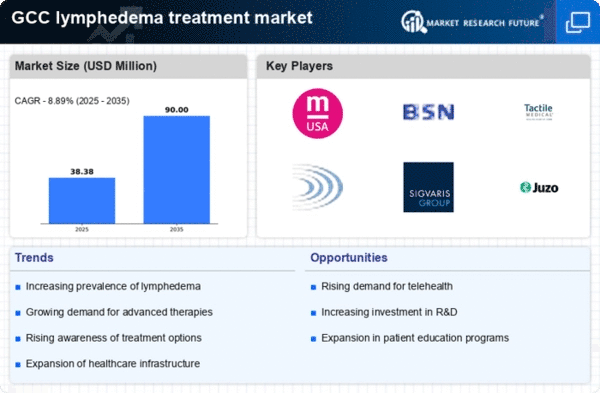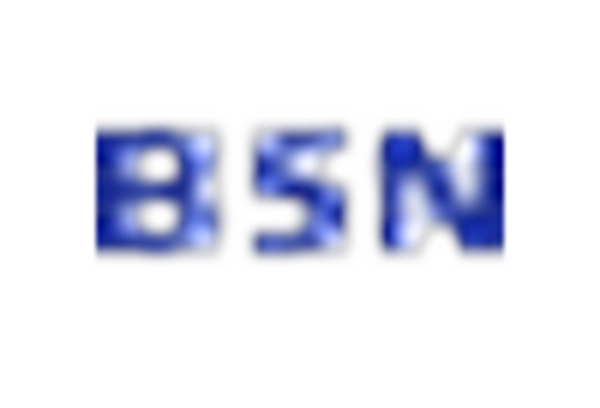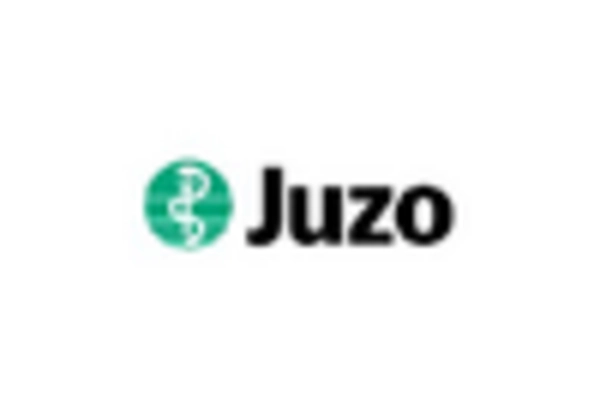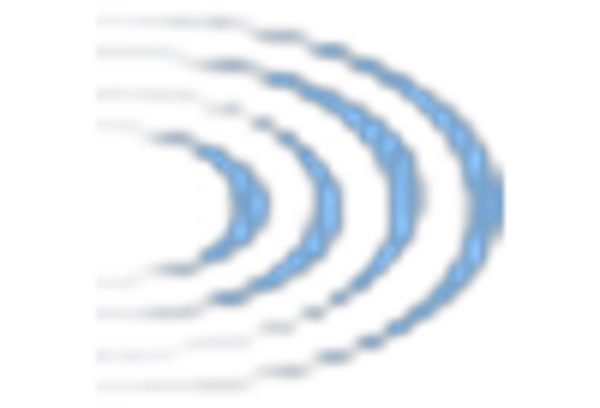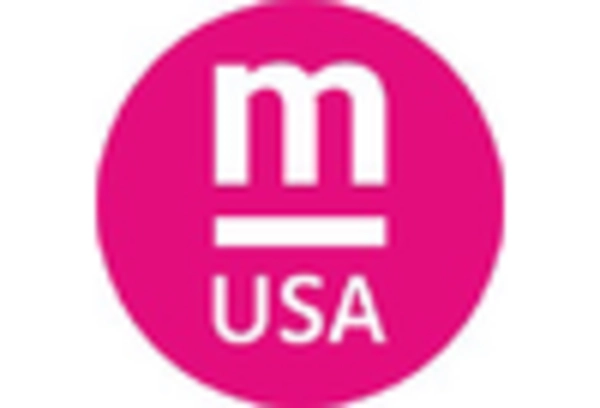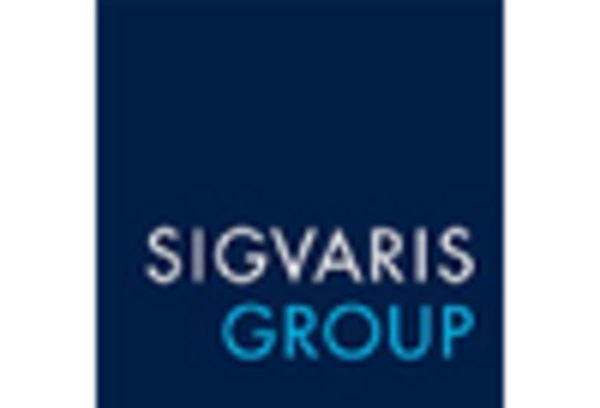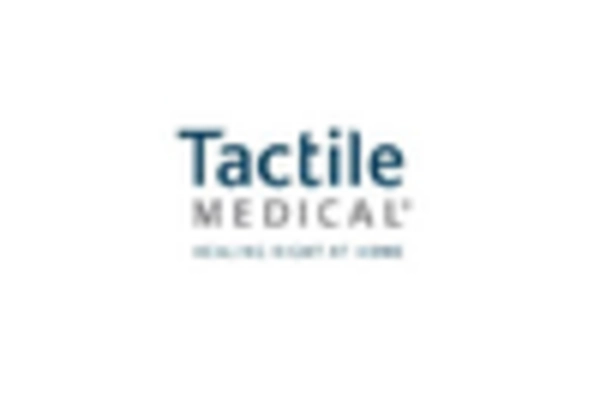Rising Healthcare Expenditure
The increase in healthcare expenditure across the GCC countries is a significant driver for the lymphedema treatment market. As governments and private sectors invest more in healthcare, the availability of resources for lymphedema treatment is expected to improve. Reports indicate that healthcare spending in the GCC is anticipated to reach $100 billion by 2026, reflecting a growing commitment to enhancing healthcare services. This financial influx allows for better access to treatment options, including specialized therapies and rehabilitation services. Consequently, the lymphedema treatment market is likely to benefit from this increased investment, leading to improved patient care and treatment outcomes.
Advancements in Medical Technology
Technological advancements in medical devices and treatment methodologies are transforming the lymphedema treatment market. Innovations such as advanced compression garments, pneumatic compression devices, and lymphatic drainage techniques are enhancing treatment efficacy. The market for medical devices in the GCC is projected to grow at a CAGR of 8% through 2028, driven by these technological improvements. These advancements not only improve patient outcomes but also increase the efficiency of treatment protocols. As healthcare providers adopt these new technologies, the lymphedema treatment market is likely to experience a surge in demand for innovative solutions. This trend indicates a shift towards more effective and patient-centered care in managing lymphedema.
Government Initiatives and Funding
Government initiatives aimed at improving healthcare infrastructure in the GCC are significantly impacting the lymphedema treatment market. Increased funding for healthcare services, particularly in the realm of chronic disease management, is likely to enhance access to treatment options. For instance, several GCC countries have allocated substantial budgets to improve healthcare facilities and services, which may lead to a projected growth of 20% in healthcare spending by 2027. This financial support can facilitate the development and distribution of advanced lymphedema treatment modalities. Furthermore, public health campaigns aimed at educating the population about lymphedema can increase patient engagement and treatment uptake. Consequently, the lymphedema treatment market stands to gain from these supportive government measures.
Increasing Incidence of Lymphedema
The rising incidence of lymphedema in the GCC region is a crucial driver for the lymphedema treatment market. Factors such as an aging population and the prevalence of chronic diseases, including cancer, contribute to this increase. According to health statistics, the incidence of lymphedema is expected to rise by approximately 15% over the next five years. This growing patient population necessitates effective treatment options, thereby expanding the market. Healthcare providers are increasingly focusing on early diagnosis and management strategies, which further propels the demand for lymphedema treatment solutions. As awareness of the condition grows, more patients are seeking treatment, indicating a potential for market growth. The lymphedema treatment market is thus positioned to benefit from this upward trend in incidence rates.
Growing Demand for Personalized Treatment Plans
The trend towards personalized medicine is influencing the lymphedema treatment market significantly. Patients are increasingly seeking tailored treatment plans that address their specific needs and conditions. This shift is driven by a greater understanding of the disease and its impact on quality of life. Healthcare providers in the GCC are responding by developing individualized treatment strategies, which may include a combination of therapies such as manual lymphatic drainage, compression therapy, and exercise regimens. The lymphedema treatment market is likely to see growth as more practitioners adopt personalized approaches, enhancing patient satisfaction and treatment effectiveness. This trend suggests a move towards more holistic and patient-centric care in managing lymphedema.


